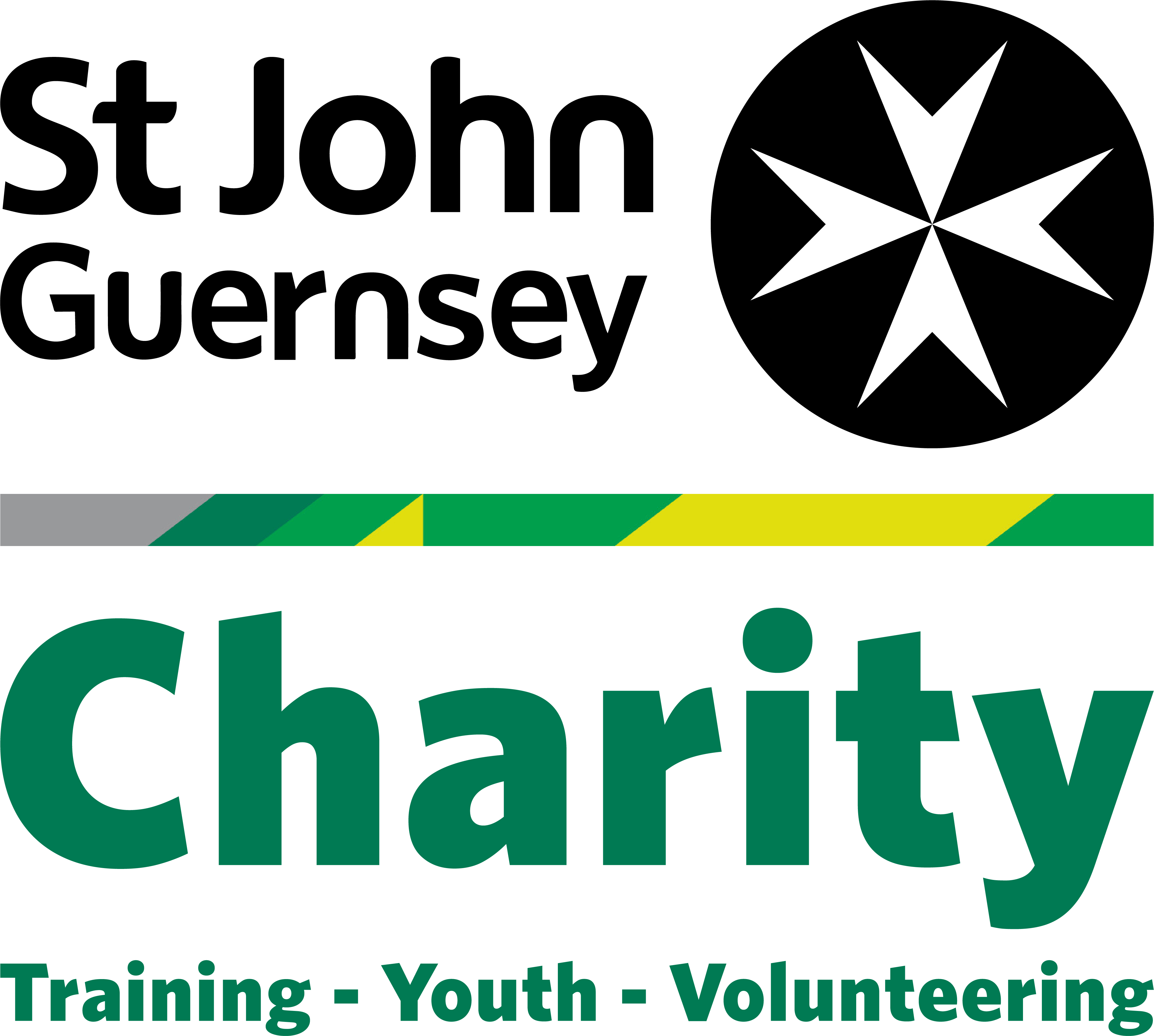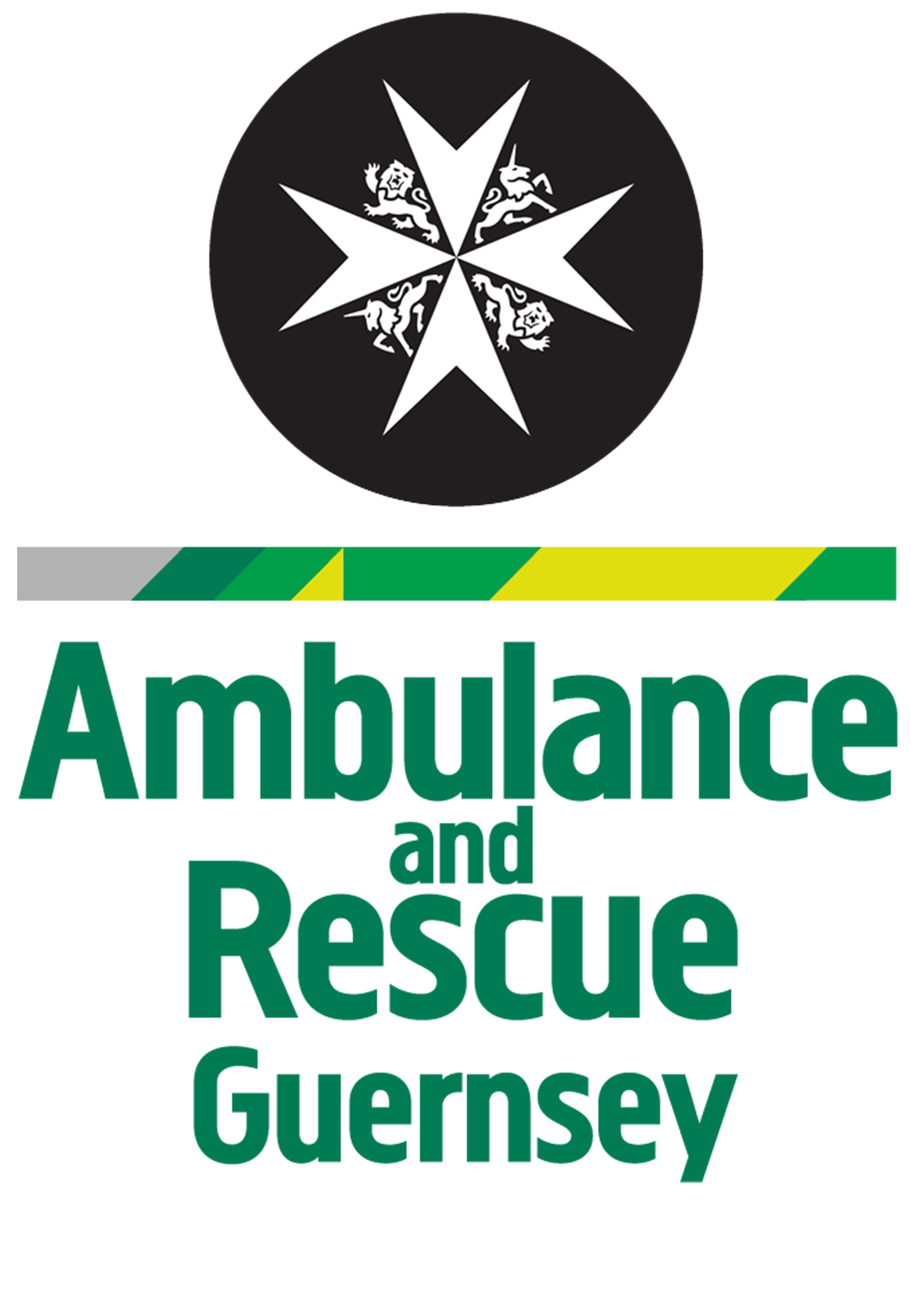The challenge of delivering Basic Life Support (BLS) and defibrillation to patients suffering from a life threatening condition in the first few minutes has brought about many changes in the ‘out of hospital’ care environment. The evidence is clear; a patient who suffers a cardiac arrest stands a much better chance of survival if a fully trained person with a defibrillator can attend the patient in the first minutes of collapse.
The following sequence of events has become known as the “Chain of Survival”
- Early Access (to activate the emergency services)
- Early Basic Life Support (CPR)
- Early Defibrillation
- Early Advanced Care (paramedic intervention)
We are jointly working to provide the second link in the chain in the form of good CPR (Cardio Pulmonary Resuscitation), by delivering Basic Life Support training to the community through the St John Training Services Centre, St Sampsons, Guernsey ( telephone 01481 247979). Responders provide the third link in the chain of survival, offering early defibrillation and other life saving intervention. Research has shown that if a cardiac arrest victim is defibrillated immediately their chances of survival are 85%. These odds decrease by 10% with every minute that passes without treatment.
A Community First Responder is someone who makes themselves available to be dispatched by Ambulance Control to attend a potentially life-threatening emergency. They are trained as a minimum in Basic Life Support and the use of a defibrillator. First Responders are alerted by Ambulance Control at the same time as an ambulance is deployed and as they are already in the community they can often get to the patient first.
A Community First Responder will be dispatched to category ‘A’ type emergency calls which are:
- Cardiac arrest
- Chest pains
- Unconsciousness
- Breathing difficulties
- Choking
- Severe bleeding
- Stroke
Community First Responders are dispatched by Ambulance Control by text message. If they are in the vicinity they will respond equipped with a life saving defibrillator and first response kit to administer immediate treatment to the patient prior to the arrival of the ambulance. There will be no delay in sending an ambulance due to this scheme.
We have recruited eight volunteers to act as community responders who are now equipped and ready to respond. These volunteers come from various backgrounds including St John Ambulance members, first aid instructors, a nurse and a Paramedic.
If you require any further information on the scheme or have any questions then please contact Acting Senior Officer Dean De La Mare. Email cfr@stjohn.gg

